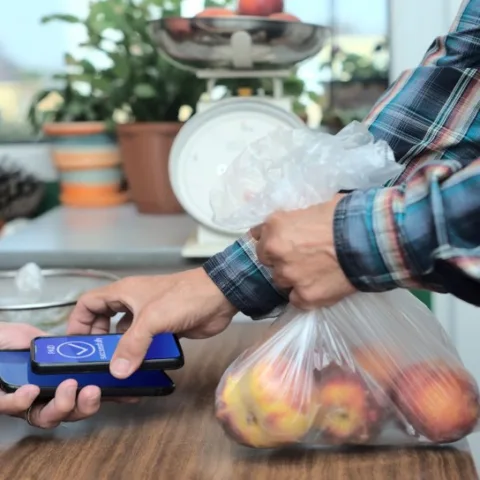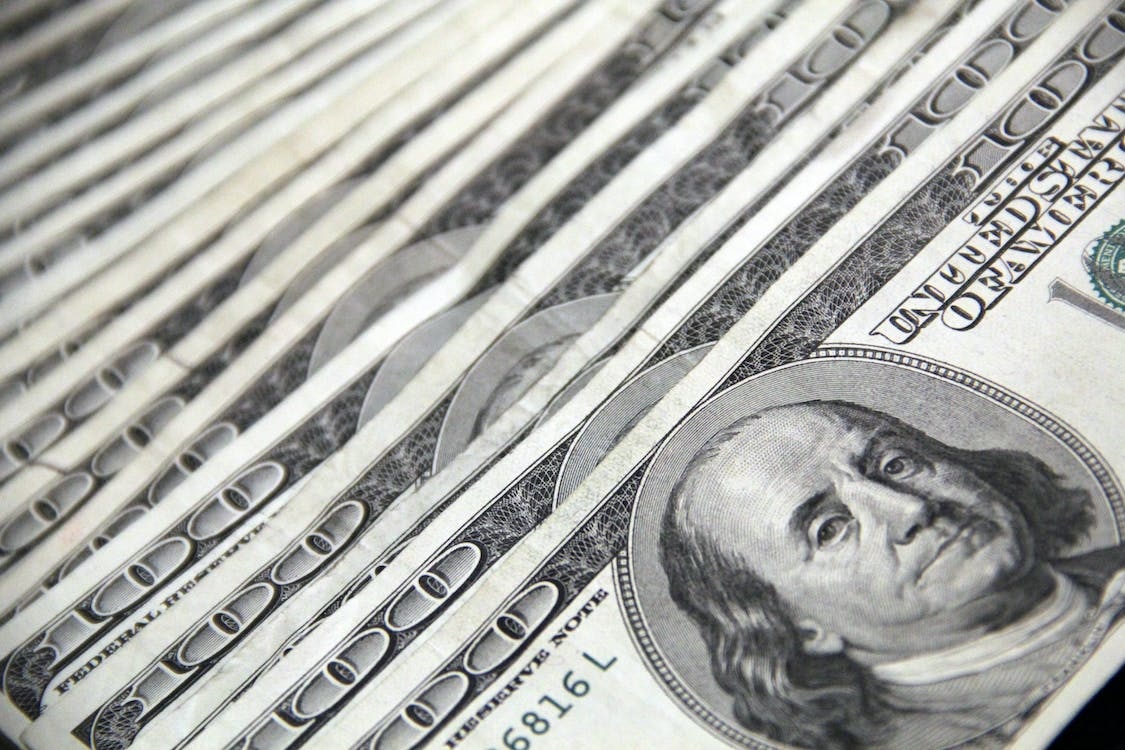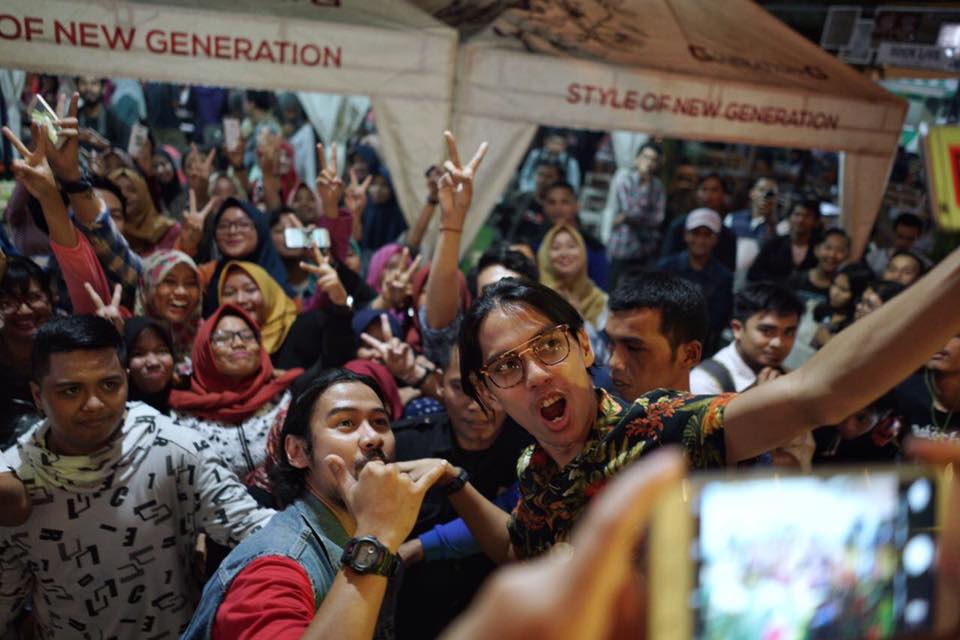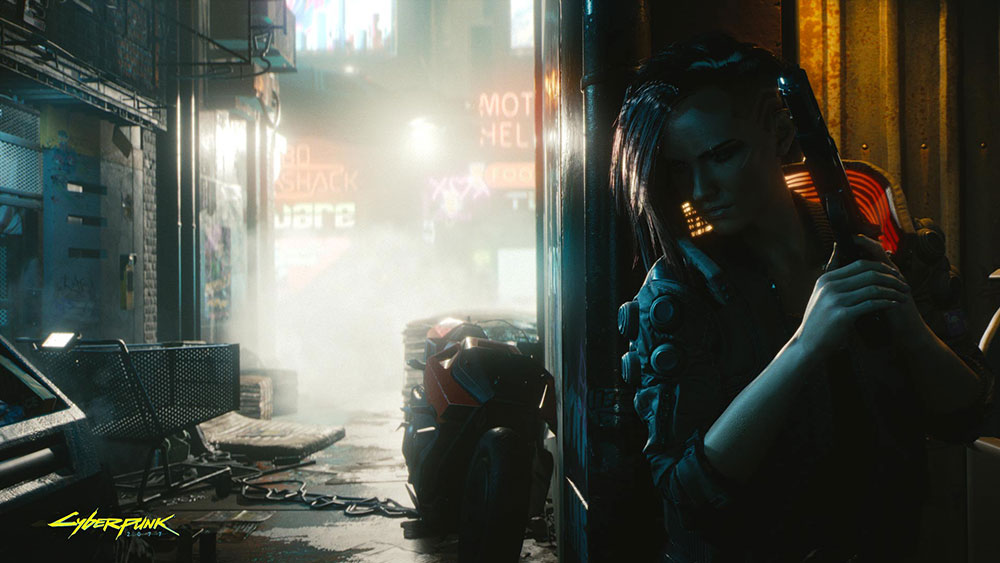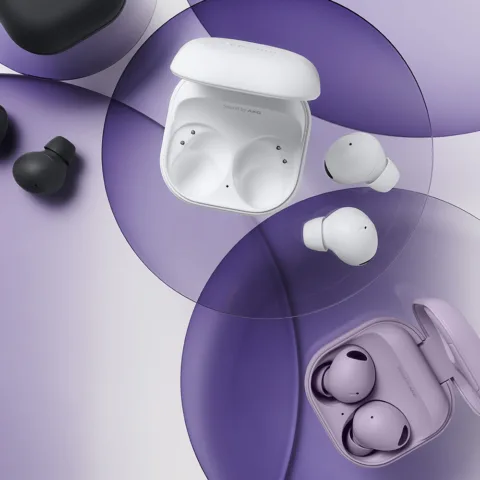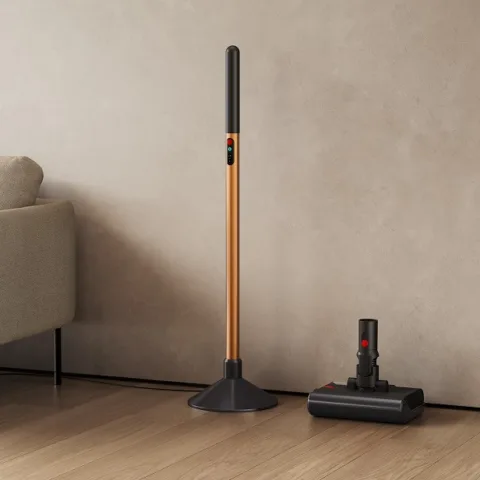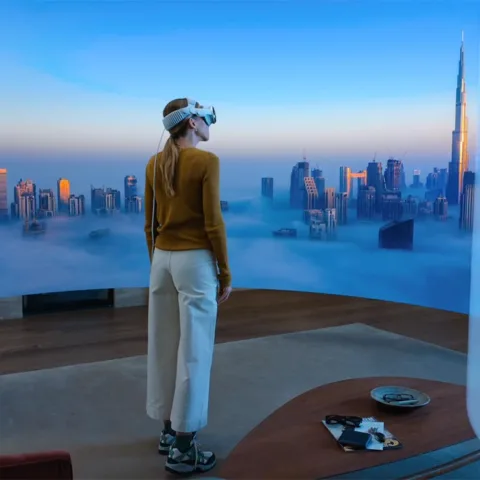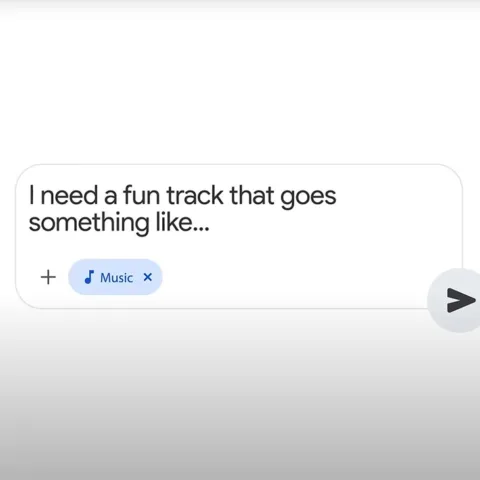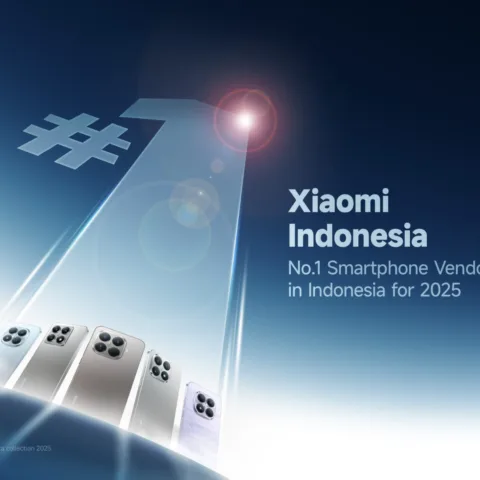The rumor of potential merger between the two Southeast Asia’s giant on-demand players Grab and Gojek backs on air. After The Ken (paywall) and Tech InAsia (paywall), now The Information (paywall) also informed the “first talk” of the issue.
It was said that the management of the two companies had met over the past two years and had intensified in recent months, including news of a meeting between Grab’s President Ming Maa with Gojek’s Co-CEO Andre Soelistyo.
Furthermore, reportedly there has been no silver lining of the two companies valuations and who will be the dominant one.
The basic question is why. Aren’t they both want to win the Southeast Asian market? The answer is clear. The key to domination is a monopoly and this is not one unique case.
“Burn Money” and profitable plans
In the last 4-5 years, the battle between players in this industry has been characterized by the “burning money” strategy for the sake of a very fast market acquisition. Despite having a very large market in Southeast Asia, both have not yet reached the point of a profitable business. With investor funds wearing down, by 2020 promos have been decreased, both companies have to “change the game”. They must reach the level of profitability and satisfy the investors.
Uber has made it in China, Russia, and Southeast Asia. The sense of being unable to compete created a win-win solution through acquisition – with significant value of shareholder as one condition. Didi in China was formed as a result of the merger of two big local players.
The rule of monopoly is to create one winner. As for the investors that back the company.
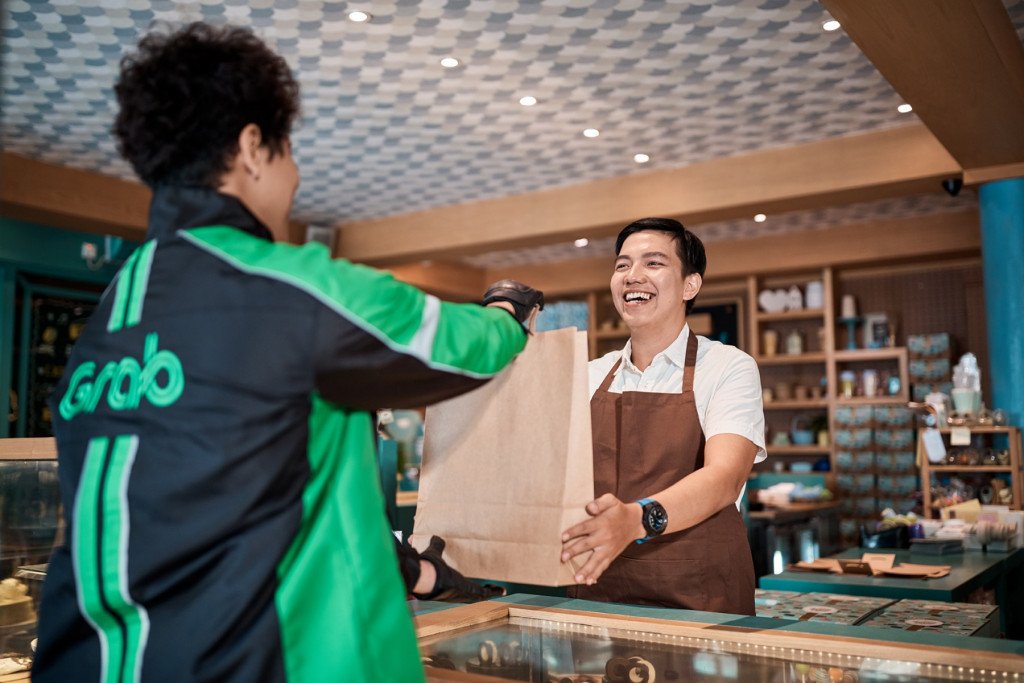
Monopolizing the Southeast Asian market, the potential merger between Gojek and Grab has been quite delish. Both have dominated the on-demand transportation market, food delivery, and online payments (GoPay and Ovo). The value may be greater than the two companies combined (more than $ 20 billion).
Imagine if both of them monopolized the market. There is no longer a price war. There is only one cost that must be paid by consumers and it will not be cheap in order to achieve economic value. There are not many choices left (except taxis, but Blue Bird and Gojek have just agreed on a strategic alliance).
Competition is good for consumers, but not for the players in it. What happens if the position is reversed. No more competition?
A concrete case is when Didi acquired the Uber business in China in 2016. After the acquisition, Didi controlled 90% of the market. In 2018, a complaint often comes from the driver’s partner as their incentive declining.
On the other hand, consumers find it difficult to quickly get a vehicle and it comes with a higher price. The survey in 2017 stated that 81.7% of respondents believed that it was more difficult to get a vehicle than the previous year (when Uber was still operating), while 86.6% considered the price more expensive.
The challenges
There are three main challenges. First, is about ego. As fellow leading players, it’s not easy to combine both companies in one direction. There must be one dominant party. Solving this issue will be a crucial key.
The second is regulatory issues. Market monopoly in Indonesia is listed in the KPPU domain. Usually, this issue is not likely to escape the KPPU examination, but reflecting from other countries’ experience and other cases, as for example Grab acquisition of Uber business in Southeast Asian countries, it all leads to fines. There are no more severe sanctions than this.
The last challenge is on the stakeholders. This is related to driver-partners and consumers. The risk to occurs when there is no longer a competition is a decreasing number of driver-partners (imagine there is only one company on the road) and the service costs in line with the economic unit (read: more expensive as without subsidies).
The bigger question is not about whether Grab and Gojek can merge. The must-asked question is, are we ready to have our various needs of services monopolized by just one company. What would your answer be?
–
Original article is in Indonesian, translated by Kristin Siagian

